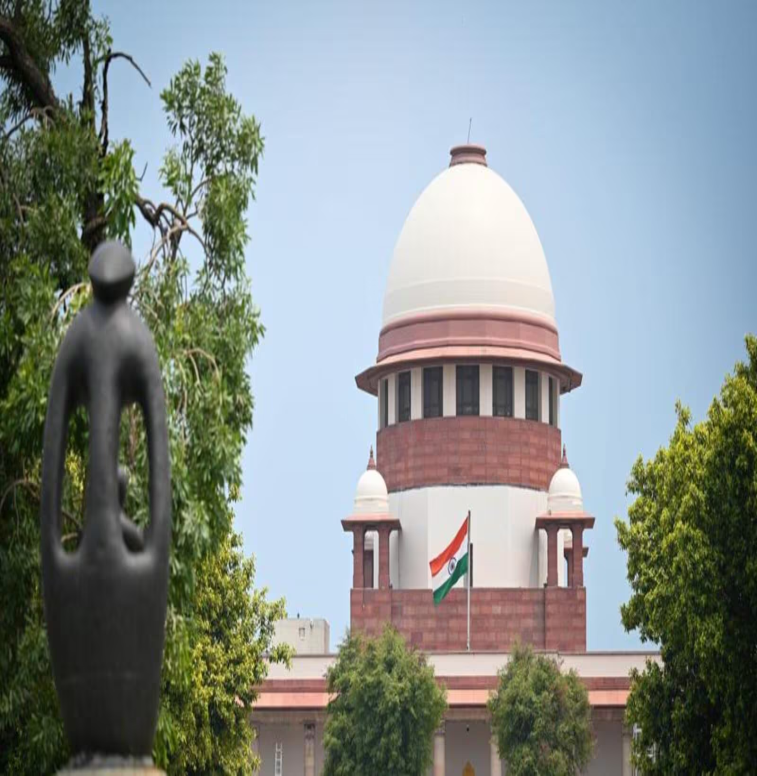SC Rules Against Conversions for Reservation Benefits
Why in the news?
The Supreme Court declared conversions motivated by reservation benefits impermissible, emphasizing genuine belief and rejecting fraudulent claims undermining the Constitution’s ethos and reservation policies.
SC’s Stand on Fraudulent Conversions:
- The Supreme Court ruled that religious conversions driven by reservation benefits are impermissible and termed such acts as a “fraud on the Constitution.”
- A bench of Justices Pankaj Mithal and R. Mahadevan emphasized that genuine conversions must stem from sincere belief, not ulterior motives like availing reservation benefits.
- The judgment stated that extending reservation benefits to those with insincere conversions undermines the policy’s purpose of uplifting historically disadvantaged communities.
Case Background and Judgment
- The court upheld a Madras High Court decision denying SC community status to a woman born Christian, who later claimed Hindu identity for reservation benefits.
- Despite holding an SC certificate, investigations revealed the woman’s active practice of Christianity, including regular church attendance.
- The bench stated that claims of reversion to Hinduism must be supported by evidence, such as public declarations or adherence to conversion rituals.
- The court leaned on the precedent set by the Kerala High Court in Sapna Jacob vs. State of Kerala (1993), which permits scrutinizing intentions behind conversions.
Broader Implications
- The court referred to the Constitution (Scheduled Castes) Order, 1964, which restricts SC status to Hinduism, Sikhism, or Buddhism adherents.
- It asserted that fraudulent claims defeat the social ethos of reservations aimed at empowering disadvantaged groups.
- India’s anti-conversion laws, rooted in the pre-Independence era, reflect historical efforts to regulate insincere conversions, especially those driven by non-religious incentives.
Religious Conversion and Anti-Conversion Laws in India
- Definition: Religious conversion is adopting a new set of religious beliefs, often symbolized by rituals, and abandoning adherence to a prior denomination.
- Need for Anti-Conversion Laws:
- Prevent misuse of religious freedom for forced or fraudulent conversions.
- Address instances of misrepresentation in marriages leading to forced conversions.
- Constitutional Provisions: Article 25 guarantees freedom to profess and propagate religion but prohibits forced conversions.
- Status of Laws:
- No central law exists; states like Odisha, Gujarat, Jharkhand, and Karnataka have anti-conversion laws.
- Past efforts for a national law failed due to lack of parliamentary approval.
Sources Referred:
PIB, The Hindu, Indian Express, Hindustan Times




